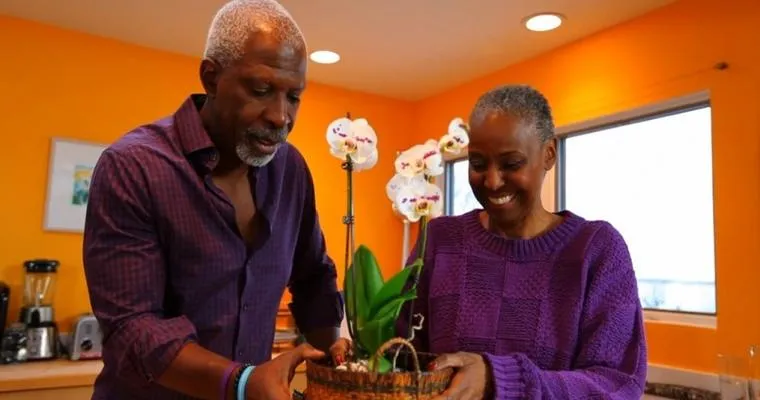Dealing with a loved one who is experiencing "onset dementia" can be incredibly challenging and emotionally taxing. If you find yourself in the position of needing help with your father as he navigates this difficult journey, you are not alone. This article aims to provide you with practical "advice", support resources, and coping strategies to help you manage this situation effectively.
Understanding Dementia
Before diving into advice, it's essential to understand what "dementia" is. It is not a specific disease but rather a term that encompasses a range of symptoms associated with a decline in memory, reasoning, and social abilities severe enough to interfere with daily life. The onset of dementia can manifest in various forms, and recognizing the early signs can help you and your family prepare for the future.
Communication is Key
One of the most crucial aspects of caring for someone with dementia is maintaining open and clear "communication". Here are some tips to enhance your interactions:
1. "Be Patient": Understand that your father may struggle to find words or may forget what he was talking about. Give him time to express himself.
2. "Use Simple Language": Speak in short, straightforward sentences and avoid complex vocabulary. This can reduce frustration on both sides.
3. "Non-Verbal Cues": Pay attention to body language and facial expressions. Sometimes, non-verbal communication can convey more than words.
Creating a Supportive Environment
Making your father's environment more accommodating can significantly impact his well-being. Consider these adjustments:
1. "Familiar Surroundings": Keep his living space familiar and clutter-free. This can help reduce confusion and anxiety.
2. "Routine": Establishing a daily routine can provide structure and comfort. Consistency is vital for individuals with dementia.
3. "Safety First": Remove any hazards that could lead to accidents, such as loose rugs or sharp objects. Install grab bars in bathrooms and ensure good lighting throughout the house.
Seeking Professional Help
Navigating the complexities of dementia often requires professional support. Here are some avenues to explore:
1. "Consult a Doctor": Regular check-ups with a healthcare provider specializing in dementia can help manage symptoms and track progress.
2. "Therapists and Counselors": Engaging with a mental health professional can provide emotional support for both you and your father.
3. "Support Groups": Joining a support group for caregivers can offer a sense of community and shared experiences, reducing feelings of isolation.
Educating Yourself
Knowledge is power when it comes to managing dementia. Educate yourself about the condition through books, online resources, and workshops. Understanding the progression of the disease can help you anticipate changes and adapt accordingly.
Caring for Yourself
While caring for your father, it is vital to remember to take care of your own health and well-being. Consider these self-care strategies:
1. "Take Breaks": Allow yourself time away to recharge. This could mean hiring a respite caregiver or simply asking friends or family for help.
2. "Stay Active": Engage in physical activity that you enjoy. Exercise can help reduce stress and improve your mood.
3. "Connect with Others": Maintain your social connections. Whether it’s friends, family, or support groups, having a network can provide emotional relief.
Conclusion
Caring for a parent with "onset dementia" is undoubtedly challenging, but with the right strategies and support, it is manageable. Open communication, a supportive environment, professional help, and self-care are all essential components of this journey. Remember, you are not alone, and seeking advice and support is a sign of strength. By equipping yourself with knowledge and resources, you can navigate this difficult time more effectively and compassionately.





